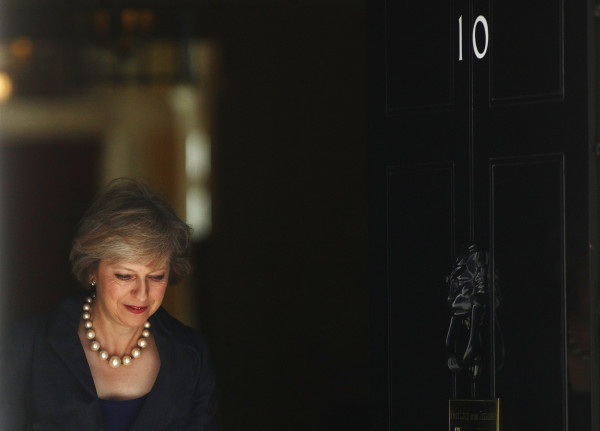

As it became clear that Prime Minister Theresa May’s gamble to call an early general election to get a mandate for the UK’s exit from the European Union had backfired and resulted in her no longer having a clear majority in the House of Commons, pensions experts unpicked what this is likely to mean for retirement income.
Hugh Nolan, president of the Society of Pension Professionals, said it looked like the grey vote from pensioners has done it again as Mrs May was delivered a blow by daring to withdraw the Conservative commitment to the triple lock.
Labour leader Jeremy Corbyn’s manifesto promised to make pensioners even better off, in the same year that pensioner households income passed the level for working-age families for the first time ever.
Mr Nolan said: “It might be impossible for a Tory Party committed to keeping down the deficit to reach a consensus with a Labour Party that pledged higher pensions for all irrespective of the spiralling costs.”
Darren Redmayne, chief executive of Lincoln Pensions, agreed Mrs May gambled pensioners would still vote for her despite the Tory manifesto hitting them hard and she has paid a huge political price.
He said perhaps the one winner of a hung parliament could be The Pensions Regulator as all the political parties agreed on the need for stronger pensioner protections.
John Wilson, head of technical at JLT Employee Benefits, said the parties were united on the extension of The Pension Regulator’s powers to stop some of the unsettling headlines we have seen lately about defined benefit pensions.
But while extending the regulator’s powers “is all well and good” Mr Wilson said such preventative measures need to be part of a wider settlement to plug the pensions black hole in defined benefit schemes.
Although automatic enrolment has led to more people saving, Mr Wilson said the parties need to pull together to tackle the fact average contribution rates are woefully inadequate and “we need to keep nudging people in the right direction.”
Jon Greer, head of retirement policy at Old Mutual Wealth, said great numbers of young people turned out for Mr Corbyn’s Labour party and at the hub of the issue of intergenerational unfairness was the debate around the state pension.
He said: “We operate under a ‘pay as you go system,’ so instead of saving for your own state pension, you fund the pensions of current pensioners. This means the more generous the terms, the greater the funding required from current workers.
“While greater numbers of young people may have backed Corbyn, it was the Conservatives who took the bold step in their Manifesto of confirming the end of the triple lock.
“However, they were the only party to do so and this could now become an area for negotiation, particularly if the DUP holds the balance of power as they are strongly in favour of keeping the triple lock.”
With the snap election, the government missed its due date to respond to the state pensions age review.
The Conservative Manifesto was light on detail on this subject, confirming that they would raise the age, but did not say how fast or by how much.
The response will now be further delayed as we wait to see what type of government will be formed and as parties negotiate on which of their views they are willing to bend.
Mr Greer said: “Whatever government is formed, it will have a daunting task ahead. Brexit will dominate policymaking and they will need to pick their battles wisely.
“Major pension reforms are unlikely, particularly controversial ones. It would be a surprise therefore if they tinker with pensions tax relief any time in the next parliament.
“The result casts uncertainty over whether the postponed elements of the Finance Bill will be pushed through, including the reduction in the pension money purchase annual allowance.”
emma.hughes@ft.com



